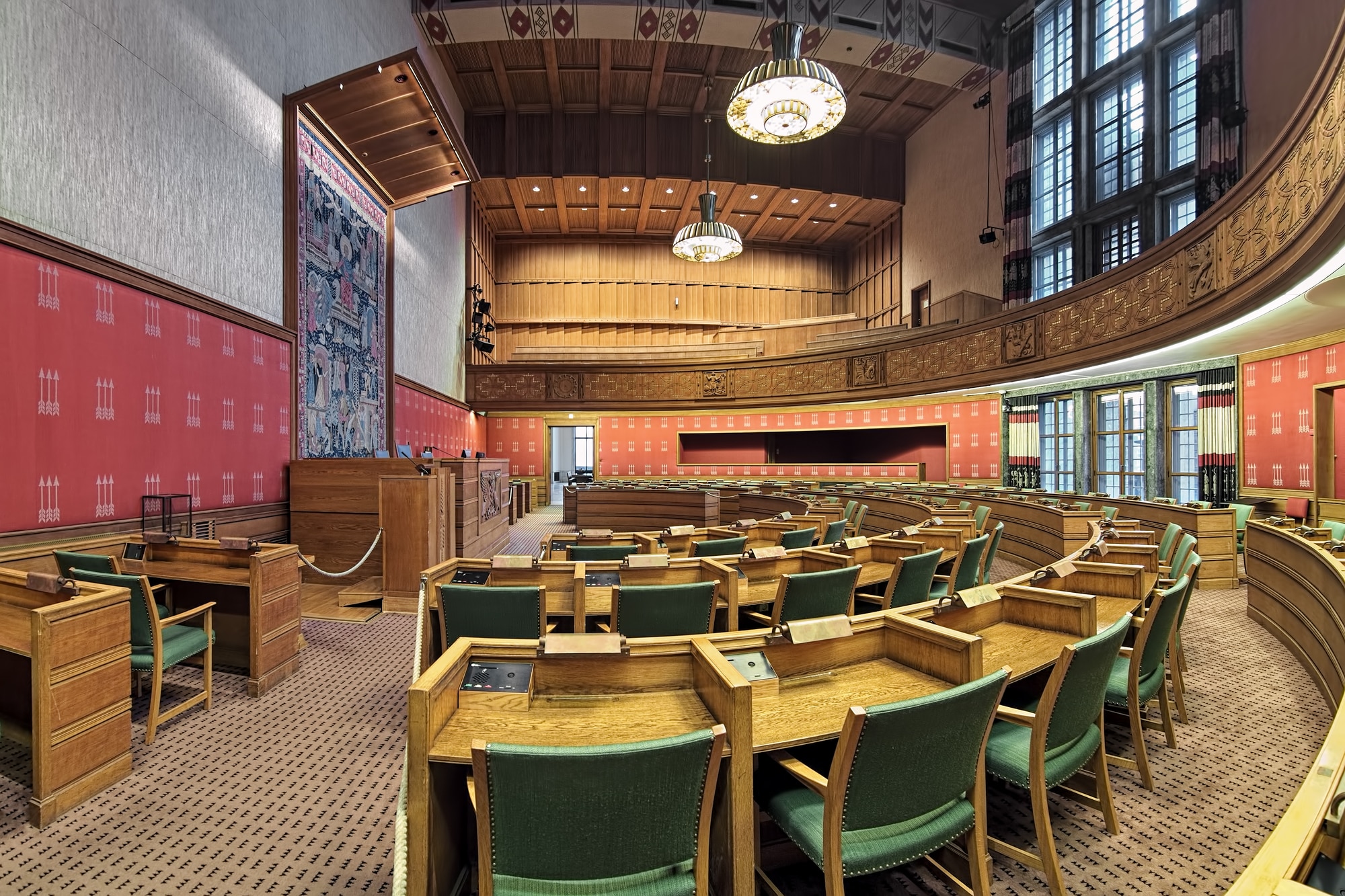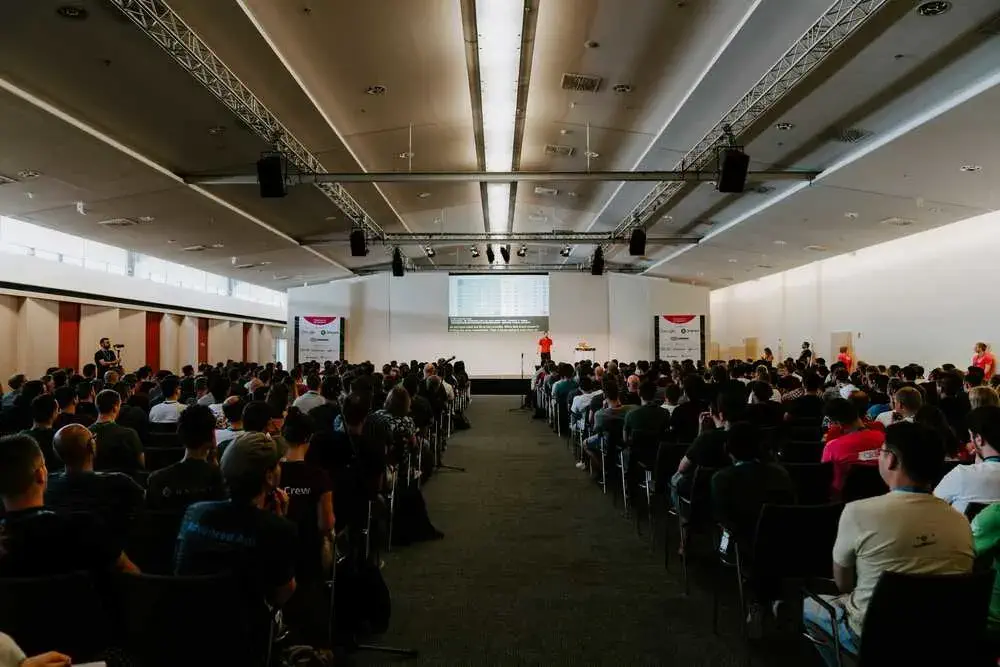Here at MeetingPulse, we have noticed a rising interest in using audience engagement & response systems to support civic participation.
Currently in the US and in Canada, a number of communities are using collaborative technology to give citizens a voice and to organize community feedback.
Not surprisingly, when hundreds of people need to weigh in during city council meetings — and when each community member’s opinion truly matters — audience response systems can help.
Allowing community members to contribute via smartphone means that fewer voices get lost in the shuffle. It also allows underrepresented parties to participate from afar, since polling and voting via browser-based systems is location-independent.
This means that handicapped citizens or parents with children, for example, still have an opportunity to weigh in, even if they can’t leave the house.
When it comes to formal voting, specific systems are in place to ensure inclusion. Periodic local meetings and gatherings, on the other hand, are much less formal and without some sort of system in place, some voices inevitably get drowned out by others.
Audience participation & response systems allow organizers to efficiently gather everyone’s opinion, collect everyone’s questions, share poll or survey results, and generally bring a group together in a powerful way.
They also allow organizers to create reports and share results post-meeting, whether it’s a city council meeting or a small gathering of citizens interested in change or collaboration around creating a park, adding a street light, or creating a neighborhood association.
Shared understanding is especially important when it comes to civic issues — and audience response systems allow everyone to reach a shared understanding more quickly and easily. When it comes to shaping our communities together via civic participation, collaboration is key.
At MeetingPulse we are proud to be part of the movement to increase transparency not only between administration and employees, but between cities and their citizens.


















